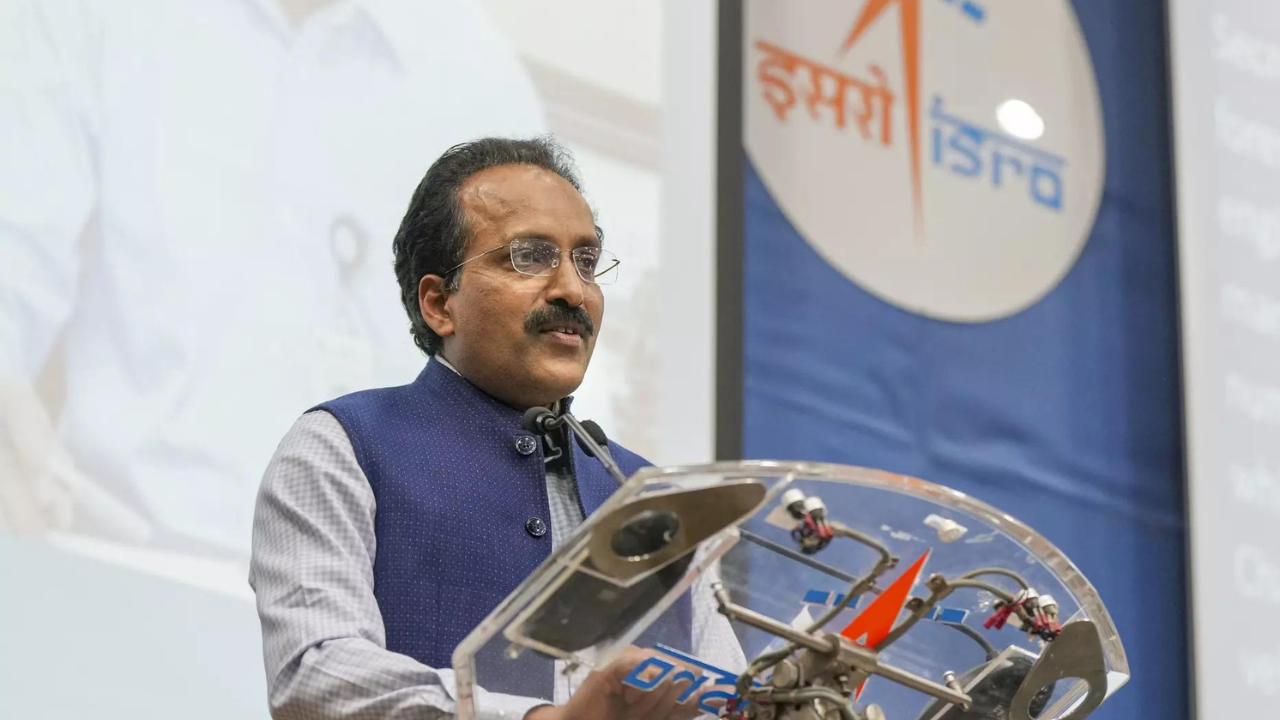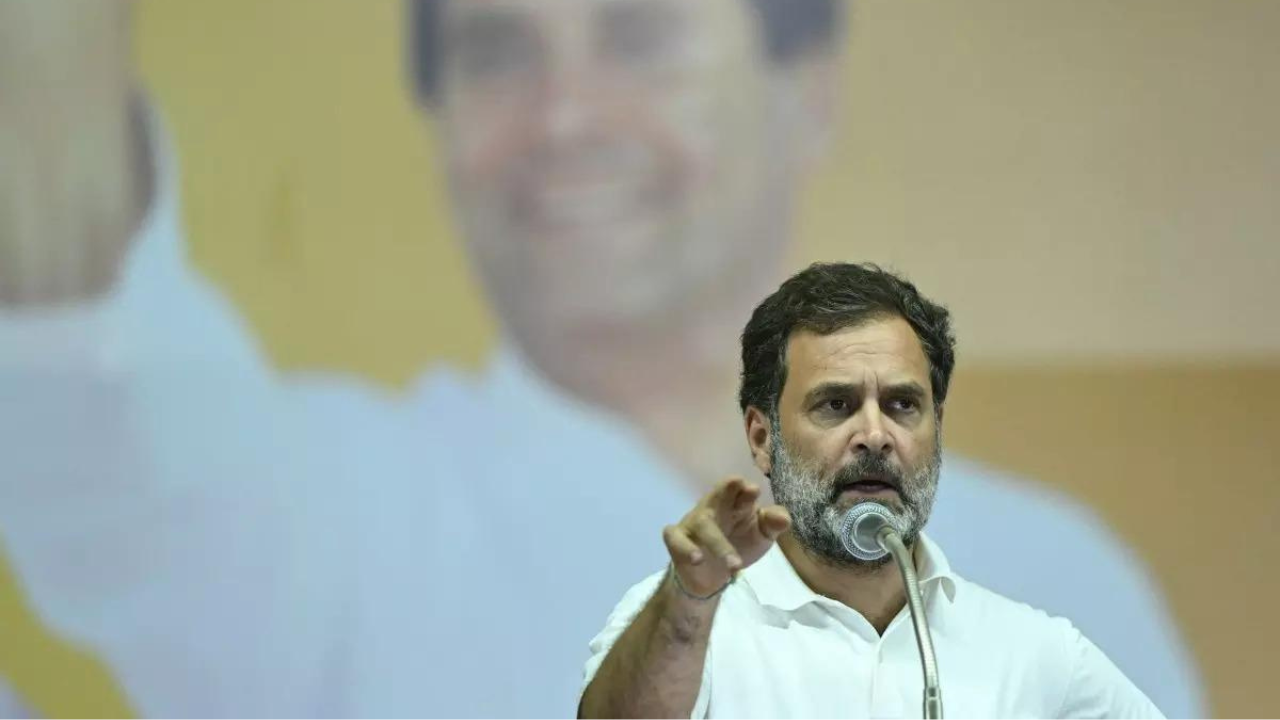Open Book Exam

The CBSE is set to conduct trial open book exams for students in Classes 9 to 12. Subjects such as English, Mathematics, and Science will be incorporated for Classes 9 and 10, while Classes 11 and 12 will feature English, Mathematics, and Biology. This initiative is in accordance with the National Curriculum Framework (NCF) unveiled last year. The pilot test will be collaboratively developed by the CBSE and Delhi University.
Open Book Exam (OBE)
About: An OBE allows students to use their books and notes while answering questions. It comes in two types: restricted, where only approved material is allowed, and free, where any relevant material can be used.
Aim: To transform the assessment process, empower students to synthesize and analyze problems, and develop problem-solving skills and critical thinking.
Previous Examples of OBE Implementation
- CBSE introduced Open Text Based Assessment (OBTA) in 2014 but discontinued it in 2017-18 due to limited success.
- AICTE permitted OBEs in engineering colleges in 2019.
- Central universities and IITs conducted OBEs during the Covid-19 pandemic.
- Kerala proposed the format for internal or practical exams.
Do OBEs Pose Less Difficulty?
OBEs are not simpler; they evaluate comprehension beyond memorization. Crafting questions can be challenging as they cannot be straightforward.
What Promoted CBSE for the Open Book Exam?
CBSE's proposal aligns with broader reforms in the National Education Policy, emphasizing competency-based learning and revamping assessment methods.
Studies on OBEs
- A study on medical students found OBEs less stressful.
- A pilot study showed mixed results, with low-stress levels but network connectivity issues.
- A study on DU students highlighted the need for skill development for OBE success.
Other Government Initiatives Related to Educational Reforms
- National Programme on Technology Enhanced Learning
- Sarva Shiksha Abhiyan
- PRAGYATA
- Mid-Day Meal Scheme
- STARS Programme
- PM SHRI Schools
National Curriculum Framework (NCF)
About: A key component of NEP 2020, NCF aims to positively transform the education system through changes in curriculum and pedagogy.
Objective: To achieve the highest quality education for all children and create an equitable, inclusive society.
Four Sections of NCF:
-
- NCF for School Education (NCF-SE)
- NCF for Early Childhood Care and Education (Foundational Stage)
- NCF for Teacher Education
- NCF for Adult Education
National Education Policy 2020 (NEP 2020)
About: Approved in 2020, NEP 2020 aims to reform the education system by introducing universal education, a new pedagogical structure, focus on foundational skills, and increased research and development.
Features of the NEP 2020:
- Universalization of education from preschool to secondary level.
- Introduction of a new pedagogical and curricular structure based on the cognitive and socio-emotional development of students.
- Emphasis on the development of foundational literacy and numeracy skills in primary education.
- Increased focus on research and development in education.













